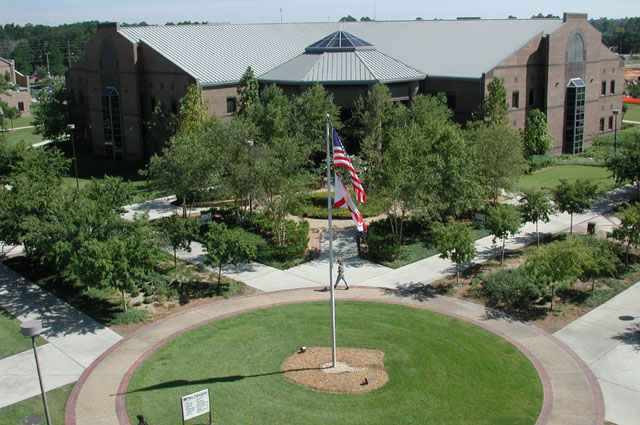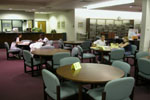Finding Our Place in the Cosmos: From Galileo to Sagan and Beyond

Finding Our Place in the Cosmos: From Galileo to Sagan and Beyond
About this Collection
A thematic collection exploring changing models of the universe through time, ideas of life on other words and Carl Sagan’s place in the tradition of science. It features manuscripts, rare books, celestial atlases, newspaper articles, sheet music and movie posters.
Like our ancestors, we look up at the heavens and wonder. What is the structure of the universe? How significant are we? Are we alone? In Carl Sagan's words, "we are a way for the cosmos to know itself." To commemorate the acquisition of The Seth MacFarlane Collection of the Carl Sagan and Ann Druyan Archive, the Library of Congress presents an exploration of these questions across the breadth of its collections and offers a first glimpse into Carl Sagan's papers.
This online collection includes three primary sections.
•The Cosmos: Its Structure and Historical Models
•Life on Other Worlds: History of the Possibility
•Carl Sagan and the Tradition of Science
View more
Collection Objectives
 The goal of this collection is to explore connections between some of Carl Sagan's work, communicating about the cosmos and the possibilities of life on other worlds and the extensive diversity of collections of the Library of Congress. It is a thematic showcase of digitized items from many corners of the collections, brought together with the hope of prompting visitors to expand their knowledge and come to their own understanding by engaging with a range of digitized primary sources. Unlike a physical exhibition, this online presentation is not limited by what can be framed and hung on a wall. Whenever possible, books, manuscripts, radiobroadcast and other materials have been digitized in full. The result is a wealth of material, much of it full-text searchable for visitors to explore.
The goal of this collection is to explore connections between some of Carl Sagan's work, communicating about the cosmos and the possibilities of life on other worlds and the extensive diversity of collections of the Library of Congress. It is a thematic showcase of digitized items from many corners of the collections, brought together with the hope of prompting visitors to expand their knowledge and come to their own understanding by engaging with a range of digitized primary sources. Unlike a physical exhibition, this online presentation is not limited by what can be framed and hung on a wall. Whenever possible, books, manuscripts, radiobroadcast and other materials have been digitized in full. The result is a wealth of material, much of it full-text searchable for visitors to explore. Nothing about this online collection and presentation is intended to be comprehensive. This is true of both the historical narrative in the thematic essay presentations and the selections of featured items from across the Library's collections. Instead, this collection and its essays, are intended to glance off the various topics discussed and serve as a point of entry to a wide array of primary source treasures related to the history of astronomy and ideas about life in the universe in the Library of Congress collections. It's a hypertext, a linked juxtaposition of interpretation – explication and primary sources intended to be explored in whatever path a visitor wants to take.
Given the massive scale of the Seth Macfarlane Collection of the Carl Sagan and Ann Druyan Archive the few hundred items digitized from that collection and presented here in this online collection are a microscopic sliver of this archive's contents. Our hope is that this thematic collection showcases some of the kinds of treasures contained within. For those interested, a finding aid for the collection is located online here.
Recommended in the October 2014 issue of Choice.









